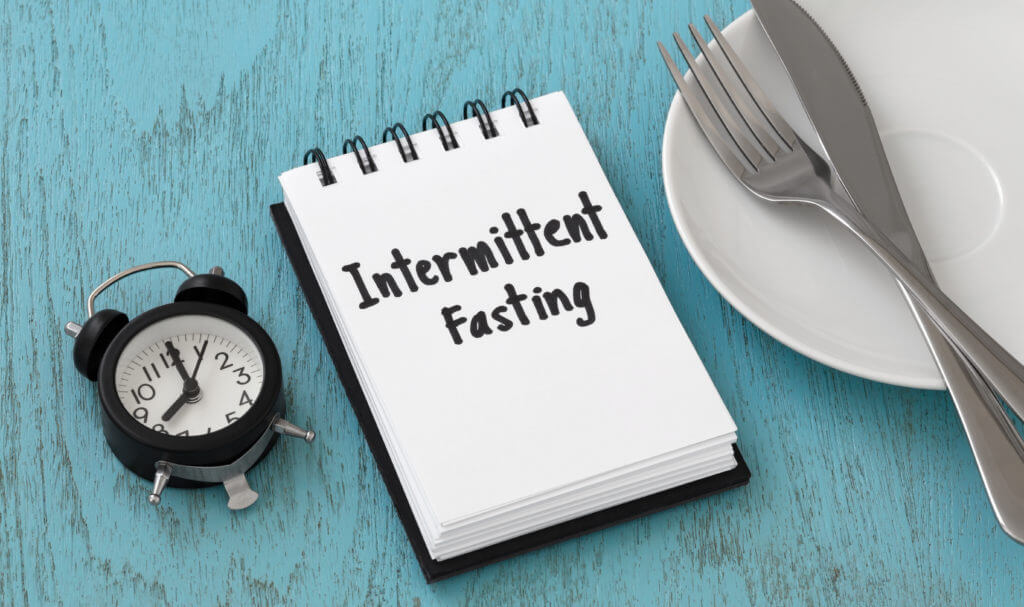PHILADELPHIA — Eating exclusively during daytime hours can reduce the risk of diabetes, according to recent research. Restricting meal times to an eight-hour window has been found to improve insulin sensitivity – the function of the hormone responsible for removing sugar from the bloodstream. This fashionable diet — better known as intermittent fasting — is believed to enhance glucose metabolism in muscles and other tissues. Still, one question remains — is it any good for helping you shed excess weight?
A number of high-profile celebrities swear by this dieting trend, including Gisele Bundchen, Jennifer Aniston, Kourtney Kardashian, and Scarlett Johansson — abstaining from food during specific hours or on designated days.
The lead author of the study, Professor Krista Varady, notes that obesity is a major health issue. Many traditional weight loss diets involve counting calories, which can be cumbersome and difficult to execute accurately. The new study reveals that both intermittent fasting and traditional calorie counting produce similar weight loss results.
Contrary to calorie counting, time-restricted eating (TRE) has gained popularity as a weight loss strategy due to its simplicity. However, its effectiveness in achieving long-term weight loss has been unclear.
Modern lifestyles, characterized by round-the-clock activities, have led to perpetual food availability. This, coupled with disrupted day-night rhythms resulting from poor sleep quality and exposure to artificial light from screens, can be detrimental to health. People often spread meals over a 14-hour period, which precludes true night-time fasting. These factors contribute to metabolic disorders, typically developing in middle age, with unhealthy lifestyles playing a significant role.

TRE has become a popular dieting plan, with some people extending daily fasting periods to up to 16 hours. The University of Illinois Chicago team studied 90 obese adults from the city. Participants were randomly assigned to one of three groups: eating only from noon to 8 p.m., reducing calorie intake by a quarter, or maintaining their usual eating patterns over ten hours or more throughout the day. The first two groups also met regularly with a dietitian.
Participants who practiced time-restricted eating consumed 425 fewer calories per day than the control group and lost about 10 more pounds after a year. The calorie-restricted group ate 405 fewer calories per day and lost about 12 more pounds. Both groups demonstrated high adherence to their respective interventions.
Nutritionists from the University of Colorado, who were not involved in the study, suggested that access to dietitians likely contributed to the participants’ ability to stick to restricted eating.
Researchers indicated that their results could inform clinical decisions, in part by considering individual preferences, rather than just recommending a potentially more effective diet. They noted substantial individual variability in weight loss when using these interventions and stressed the need for further research to identify who might benefit most from each method.
The World Health Organization estimates that diabetes claims over 1.5 million lives each year. Prior research has suggested that time-restricted eating can improve the health of individuals living with Type 2 diabetes – the form associated with obesity. Recently, scientists warned that the global prevalence of diabetes could more than double to 1.3 billion by 2050, primarily due to expanding waistlines.
The new study is published in the journal Annals of Internal Medicine.
You might also be interested in:
- Skipping breakfast while on a fasting diet can actually damage your immune system
- Thanks to calorie-counting menus, fewer Americans are dying of obesity-related cancers
- You don’t need to count calories every day to lose weight, study explains
South West News Service writer Mark Waghorn contributed to this report.


“Whenever I watch TV and see those poor starving kids all over the world, I can’t help but cry. I mean I’d love to be skinny like that, but not with all those flies and death and stuff.”
–Mariah Carey